On Aug. 1, 2025, Istanbul hosted a unique trilateral meeting between Türkiye, Italy and Libya. This diplomatic initiative is of great significance because, while reaffirming Türkiye’s strategic role as a key regional stakeholder, it proves how synergies and cooperative frameworks are crucial to ensuring stability in an increasingly fragmented regional system. The trilateral meeting between Italian Prime Minister Giorgia Meloni, President Recep Tayyip Erdoğan and Libyan Prime Minister Abdul Hamid Mohammed Dbeibah focused on strengthening cooperation to address common challenges, including managing migration flows and stabilizing Libya. Furthermore, economic development, energy cooperation, the war on Gaza, and converging interests in the region and Africa were discussed, leveraging shared interests and existing synergies.
Libya’s stability, migration issue
Irregular immigration is a shared critical issue. In particular, for Meloni’s Italy, combating irregular immigration is a political priority. In this regard, it’s not a coincidence that Meloni flew to Istanbul immediately after her visit to Tunisia’s President Kais Saied. Indeed, the largest migratory flows to Italy originate from North Africa and, according to newly released data, Libya has been the largest country of origin in recent months. Out of more than 31,000 people who arrived in Italy in the first six months of 2025, approximately 27,000 departed from Libya and almost all from the eastern part of the country. This makes it clear why the Italian government intends to play a significant role in this context. Thus, Tripoli is a key interlocutor for containing the migration phenomenon and its commitment to dismantling clandestine networks managing human trafficking is therefore imperative.
For years, there has been a consolidated cooperation with Türkiye on this issue, which boasts a strategic security influence in Libya, legitimized by the MoU signed in 2019 by Ankara and the internationally recognized Libyan government. To some extent, the excellent bilateral relationship between Ankara and Rome on the migration issue pivots on a bandwagoning approach toward Türkiye, which in Libya has demonstrated a certain effectiveness in countering criminal trafficking networks. Improving the prevention of irregular movements; supporting Libya in managing migratory pressure, also through balancing diplomacy and facilitation between the two Libyan opposing factions, are indeed among Ankara’s priorities aiming at stabilizing the Country. On migration, furthermore, Türkiye has already widely proven to be a reliable partner along with the so-called “refugees deal” sealed in 2016 with the EU.
Strengthening regional security
The meeting between Meloni, Erdoğan and Dbeibah aims to further strengthen the synergies by extending Italy-Türkiye complementarities to Libya, aiming at supporting the Libyan Government of National Unity’s action on migration and affirming Libya’s stability. In this regard, it is also significant that almost simultaneously with the trilateral summit ongoing in Istanbul, the U.N. secretary-general’s special representative for Libya, Hannah Tetteh, was in Rome for meetings with ministerial officials on the situation in North Africa and Libya. She acknowledged Italy’s role and commitment to stabilization, which is also in line with Italian interests related to the Mattei Plan for Africa.
Beyond the unilateral intents, the effectiveness of the Mattei Plan depends largely on cooperation with key regional stakeholders, and Türkiye has been a historic player in Africa by enjoying bottom-up legitimacy and political acknowledgment. Strengthening cooperation is therefore crucial to mitigate the effects of crisis and contain the regional volatility impacts. Specifically on Africa, along with the second report of the Mattei Plan released in mid-July and the Turkish Plan for Africa, which is due to be extended in 2026, the scope for cooperation is broadening with a view to stabilization and security in North Africa, the Sahel and the sub-Saharan region.
As a matter of fact, the concept of security is holistic and also encompasses the economic and energy spheres. In 2019, Türkiye and Libya signed a memorandum on the delimitation of EEZs in the Eastern Mediterranean, granting Ankara rights over vast marine areas. Despite raising concerns in Europe and among some regional players, the agreement has proven to be effective in protecting the parties’ interests. In light of the growing bilateral economic complementarities, reaffirmed on April 29 Rome summit, energy cooperation between Italy and Türkiye – also in the perspective of a circular economy – is already underway in the wider Mediterranean. Italy’s objective is to strengthen synergies to enter new markets, where Italy could potentially leverage its expertise in offshore activities.
In a regional and international system where transactional logics pivot on the shared interests and regional projections of Rome and Ankara, and at a time when the relationship between Meloni and Erdoğan is characterized by a strong understanding, Italy and Türkiye stand as strong partners in Libya and the region. However, regional stability would also depend on joint conflict resolution efforts, especially regarding the ongoing war in Gaza. Erdoğan has been insistent on this, and the urgency of ending Israeli massacres was also reiterated within the tripartite table in Istanbul. Although the Italian government considers as premature to recognize the state of Palestine at the U.N., more recently, Rome has been more vocal in denouncing the very serious humanitarian crisis unfolding in Gaza and in calling on Israel to show restraint.
Italy, Türkiye promote cooperation
In such a regional landscape where the degree of systemic instability is high, Italy and Türkiye, as middle powers, warrant careful consideration for their efforts in contributing significantly to stability, promoting cooperation and thus mitigating the risks associated with a turbulent environment. Through coalition building, bilateral and multilateral engagement, they try to champion new frameworks that advance shared interests and values, as was evident in the Istanbul trilateral meeting. Rome and Ankara are indeed committed to cooperating by showing their willingness to act as regional brokers. As middle powers, they are keen to adapt more quickly to changing circumstances and pursue more innovative foreign policy strategies. Hence, their capacity to build coalitions around specific topics, such as Libya’s stabilization and related issues.
Indeed, both Italy and Türkiye are key players in the Mediterranean. While Ankara stages a multifaceted power projection in terms of political and military influence in Libya, its participation in European defense initiatives, and its active role in NATO elevate Türkiye as a primary stakeholder and essential regional interlocutor. More recently, under the leadership of Meloni, Italy has been relaunching its international role, aiming at a greater regional integration in both economic and political terms. Besides its EU membership, Italy advocates for a more proactive and pragmatic approach, aiming to engage with the world on its own terms by pivoting on its strategic assets as a Mediterranean transit hub. In this perspective, the Italy-Türkiye-Libya trilateral meeting represents a significant initiative to strengthen regional cooperation on crucial issues that shape shared strategic interests and promote stability in the region. It should not be considered as a one-off event, but as a long-term strategy that, through cooperative approaches and regular consultations, fosters the consolidation of partnerships by displaying consensus-building and regulatory frameworks in responding to crises and mitigating destabilizing elements.

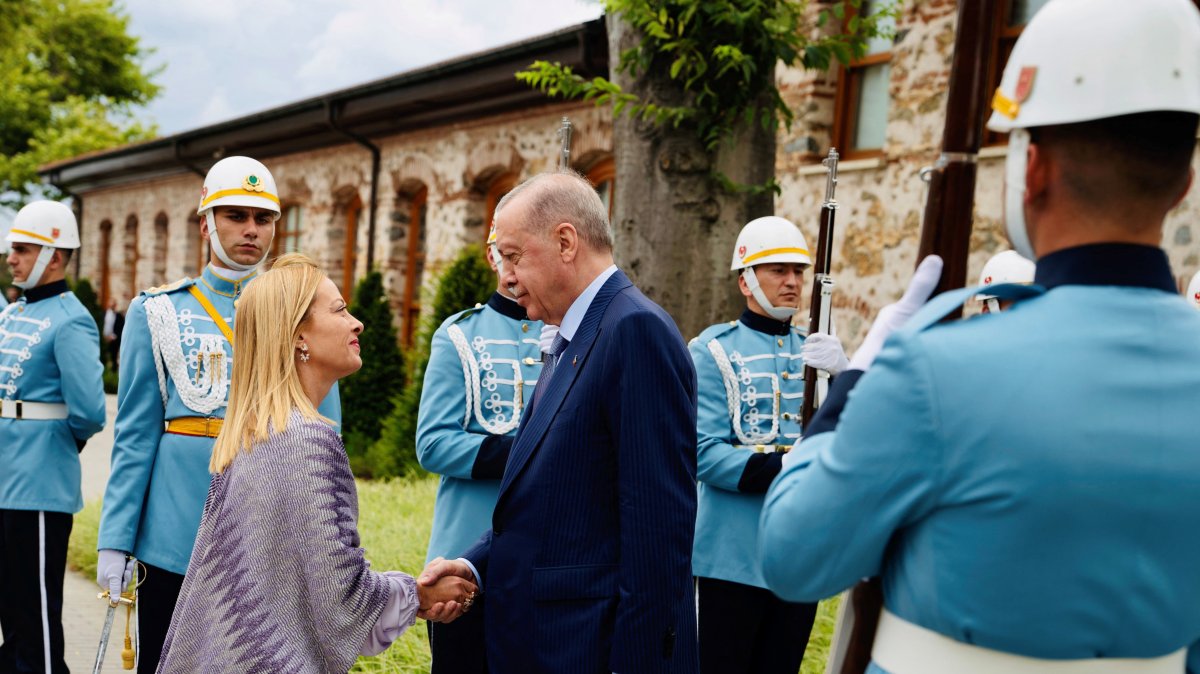








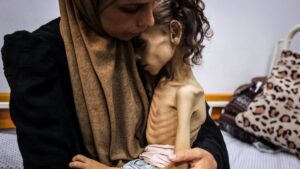
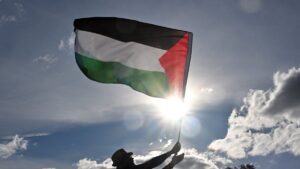
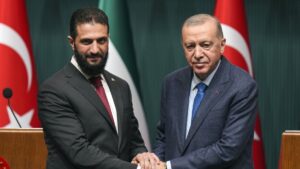



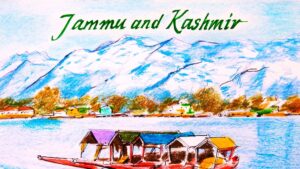

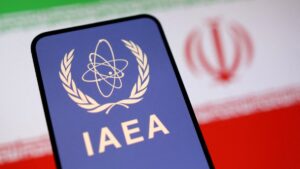
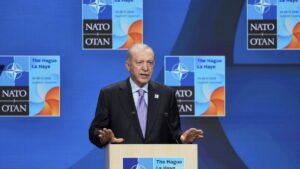
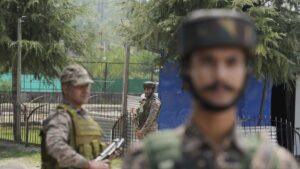


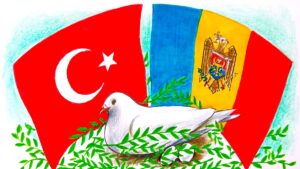

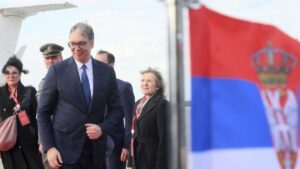
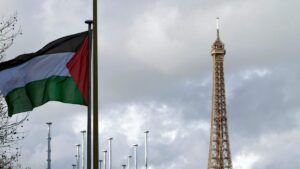



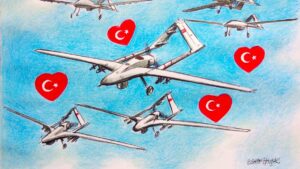
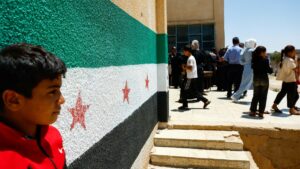

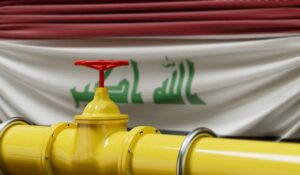

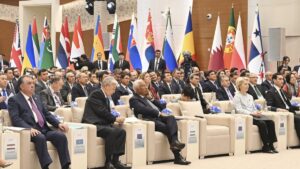
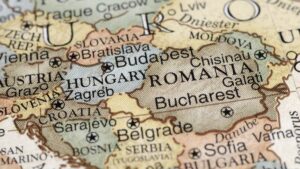



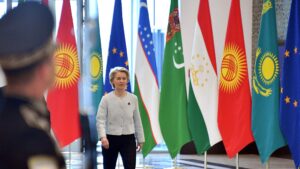

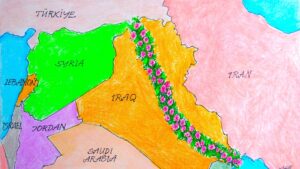


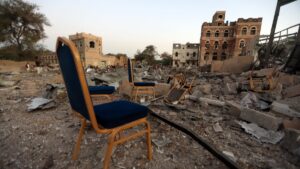
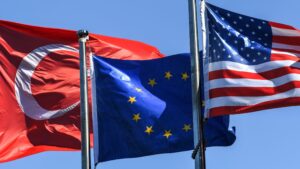
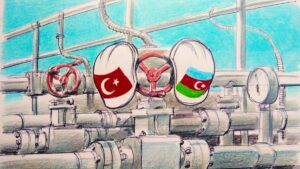


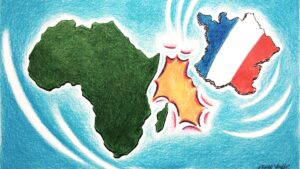
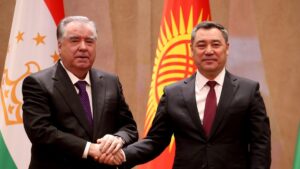
Be First to Comment